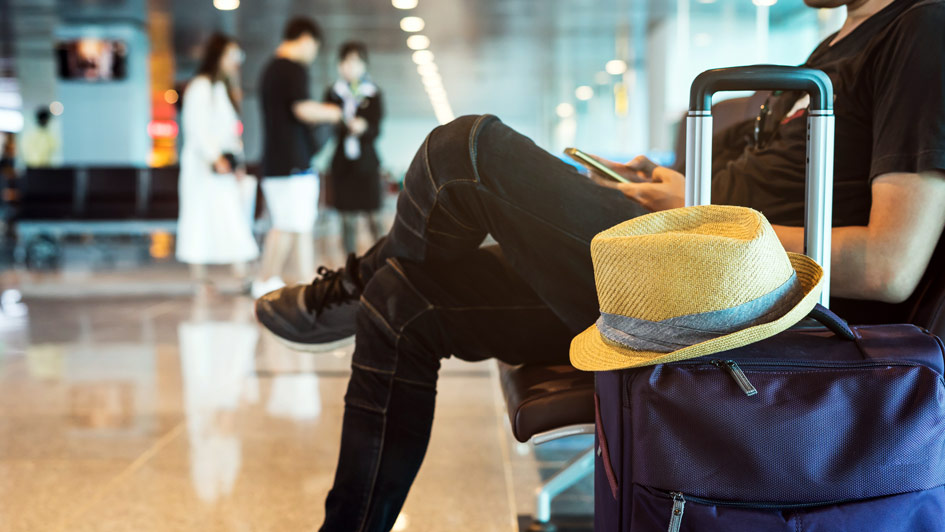
From a much-needed vacation or an extended trip for work, leaving home means making preparations for your home comfort system. You don't need it while you’re away, so you can make adjustments as appropriate to limit your energy use. Simultaneously, you shouldn't just turn it off for the entire time you're gone.
In general, it’s better to leave your HVAC system running and adjust the temperature depending on the season. That way you can lower energy costs without having to worry about returning to an uncomfortable home. We’ll walk you through why you shouldn’t turn your HVAC system off as well as the ideal thermostat settings for different times of year.
This Is Why You Avoid Leaving Your Thermostat on Hold
While you could be wanting to leave your HVAC system off before a trip, this will sometimes end up leading to big problems by the time you return. This is notably true when the weather will be severely hot or cold while you’re gone.
For example, switching the HVAC system down during the summer will sometimes lead to very high humidity. Not only will your home feel muggy and uncomfortable when you come back, but it might have also stimulated mold/mildew growth or pest infestations.
And over the winter, not using the furnace can lead to pipes freezing up or even bursting. It’s an awful feeling to get home from a vacation only to come across considerable water damage near a broken pipe.
Energy-Efficient Thermostat Settings While at Work
You can optimize the temperature even as you come and go to work. Because you’re out of the house for about 8 hours or longer, it doesn’t help your monthly energy bill to keep an empty home at the same temperature you’d usually have. As a general rule, it’s suggested to raise the thermostat by 5 degrees or more. This means that if you prefer a comfortable 72 degrees, consider raising it to 76-77 while you’re out.
But you can save even more if you're open to further adjusting the temperature. According to the Department of Energy, you may save around 10% on your HVAC costs by raising the temperature by about 7-10 degrees.
Best Thermostat Settings While on a Trip in Summer
If you’re leaving for a longer trip in the hottest part of summer, you can make bigger adjustments. This prevents wasting energy while still safeguarding your home from the problems that come with leaving it un-air conditioned. About 5 degrees is recommended for shorter trips while around 10 degrees is worthwhile if you’ll be out of town for 2 weeks or longer. If you prefer keeping the house at 72 in the summer, 78-82 can offer beneficial results.
Best Thermostat Settings While Away from Home in Winter
To figure out the most energy-efficient thermostat setting for a winter trip, consider lowering the temperature by the same amount you would raise it in summer. 68 is a frequent winter thermostat setting, so lowering it to 63-58 will prevent ice from forming on pipes while limiting how often your furnace runs.
Smart Thermostats Are Even Better: Advantages of a Smart Thermostat
One of the best ways to regulate your home’s HVAC system while away is with a smart thermostat. This special type of programmable thermostat employs intelligent software to understand your preferred comfort habits. It applies these preferences and makes automatic adjustments to the schedule for higher energy efficiency. And with Wi-Fi integration, you can remotely access your heating and cooling from a smartphone or tablet.
Smart thermostats are stuffed with features to help you save even more. For example, some models can track electricity prices to boost heating or cooling when prices are more affordable. They can be used with high-efficiency, variable-speed equipment to optimize how long your HVAC system has to run. It’s the perfect tool to simplify how you control your comfort system. If you’re planning on investing in a smart thermostat, there are different ways you can reduce your costs, in essence getting a smart thermostat for free. The next time you leave for vacation, you can appreciate true peace of mind that your HVAC system won’t stir up any trouble while you’re away.
